Helping people, helping nature – Organic advocacy in the Philippines
Rosalina Tan – a pioneer of the organic farming industry in the Philippines – is the proud founder and owner of the beauty and wellness brand “Pili Ani”. But, for Rosalina, “Pili Ani” is so much more than just a brand; through her company, she is successfully promoting the sustainable planting and harvesting of the Pili Tree, helping to protect an important pillar of the Philippines’ floral heritage.
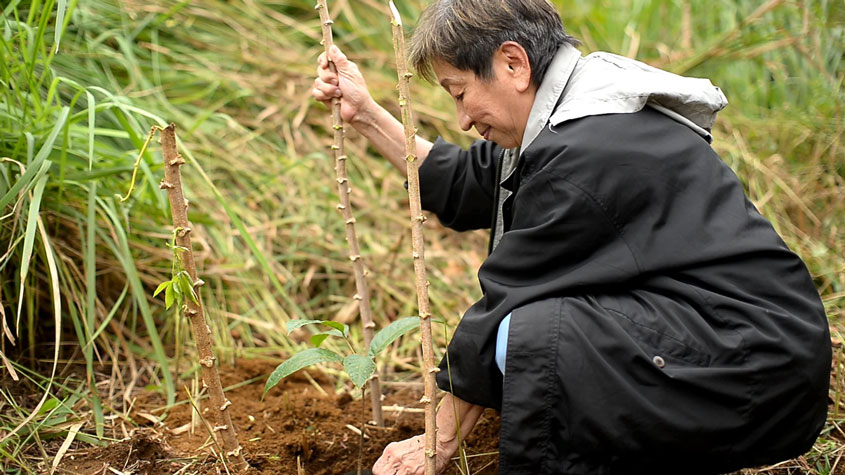
A calling to spread awareness about organic agriculture
Rosalina became involved in organic agriculture advocacy 30 years ago, after making a shocking discovery; commercial rice in the Philippines could contain a substantial amount of Chlorpyrifos, a banned and extremely harmful pesticide.
This prompted her to spread awareness about organic agriculture principles amongst local farmers, and to produce natural fertilizers that she would give away. Progress was slow…
"I lost a lot of money in the beginning. I was too early for the times on our side of the world! They had not yet accepted the organic movement here."
Rosalina Tan
Though Rosalina’s endeavors slowly started to make a difference, she soon found herself on the road to bankruptcy. She retired from business and instead concentrated on her organic advocacy work.
The Pili Tree – a hidden gem from the Philippines Bicol region
In 2007, Rosalina moved to the Bicol region, in the southern part of the Philippines, to work with grass root farmers. This is where she stumbled across the unexplored hidden treasures of the Pili Tree – at the time mainly harvested for the nuts inside its fruit.
- The pulp of the fruit itself – although a local delicacy – was largely discarded.
- And, then there was the gum resin produced by the tree!
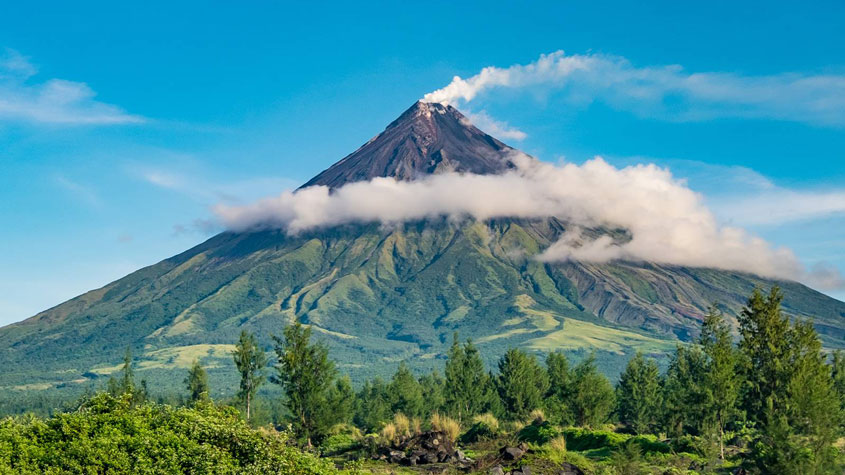
Pili oil benefits
Rosalina, staying true to organic farming concepts – health, ecology, fairness, care – and following the principle of ‘reuse, recycle and renew’, decided to collaborate with Biotech / DOST to find potential uses for these other two commodities. Their findings? The oil in the pulp of the Pili fruit has qualities similar to olive oil, and contains Vitamin E and antioxidants, making it an ideal ingredient of, for example, anti-aging serums. And the resin could be distilled to produce the essential oil “Elemi”, part of the frankincense family.
"In fact, the raw Pili tree resin was being exported to European countries, and the United States of America, at a very low price, earning it the name ‘the poor man’s frankincense’", Rosalina tells us. "I wanted to help the Pili tree farmers to understand the value of the Pili tree, and to build up an industry for the local community. That’s how the “Pili Ani” story started."
Rosalina Tan
Local and sustainable Pili pulp oil extraction – The first steps
Rosalina, working together with the local Department of Agriculture, started looking into Pili pulp oil extraction, as well as ways to teach the farmers methods of tapping the Pili trees without killing them.
“Because of the very low prices paid for the resin, farmers – desperate to sell more – were indiscriminately tapping the Pili trees”, says Rosalina.
She did her best to promote the oil that the farmers produced, but after three years of very limited success, she took things into her own hands. “I studied, researched and started to use the oil to make new products – first soaps, lotions, creams, lipsticks and massage oils. I shared samples with my friends. Word started to spread. I was soon getting orders from local Associations. A new industry was born!”
Extensive research into Pili pulp oil – A cornerstone in Pili Ani's story
More and more farmers were starting to extract oil from the Pili pulp. They would bring their oil to Rosalina who, unable to say ‘no’ would buy it and stock it in her warehouse.
That’s when Rosalina’s daughter, Mary Jane Tan-Ong, got involved. “She said: ‘Mom, you can’t subsidize the farmers like this forever. It’s not sustainable. If you really want to help, you need to set up a business’,” Rosalina tells us, reminiscing about Pili Ani’s early days.
Mary Jane started to learn about the cosmetics industry, attending international exhibitions to get a better understanding of the market. Together, the mother and daughter duo hired consultants and chemists, set up laboratory research and clinical testing.
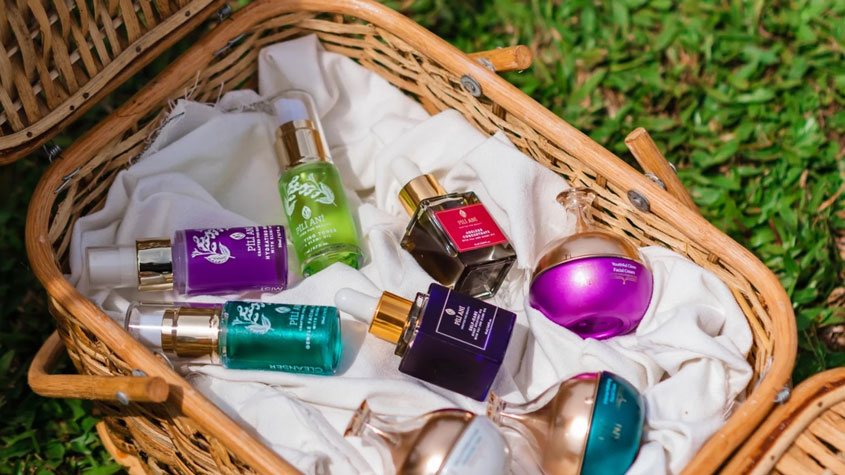
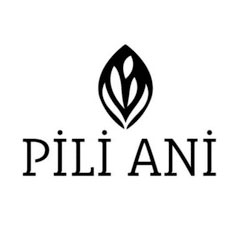
By 2016, they had launched their own company, “Pili Ani”, – already envisioning a global brand that would stay true to its roots – and started exporting their products to the US.
"Pili Ani means ‘chosen harvest’ in our local dialect. The name is really appropriate for our products and connects with people."
Rosalina Tan
The Happy Pili Tree Farm for sustainable Pili tree farming
Empowering a community; protecting the environment – fulfilling a life-long quest to help
In 2017, Rosalina and Mary Jane set up the “Happy Pili Tree Farm”, to protect the Pili tree and the livelihoods of local farmers, and to ensure high quality and long-term viability of Pili Ani’s products – and in parallel, contributing to UN Sustainable Development Goal 2 (promoting sustainable agriculture).
With their own on-site distillery, they can now manage the whole production process, keeping jobs and expertise local to ensure long-term economic security for the local population. Directly, Pili Ani employs five full time staff; indirectly it employs a huge network of farmers and transporters.
And, as part of the Happy Pili Tree initiative, Rosalina continues to teach farmers sustainable and ethical harvesting practices. I always tell them ‘Don’t over tap because you are killing your golden goose!’”, says Rosalina.
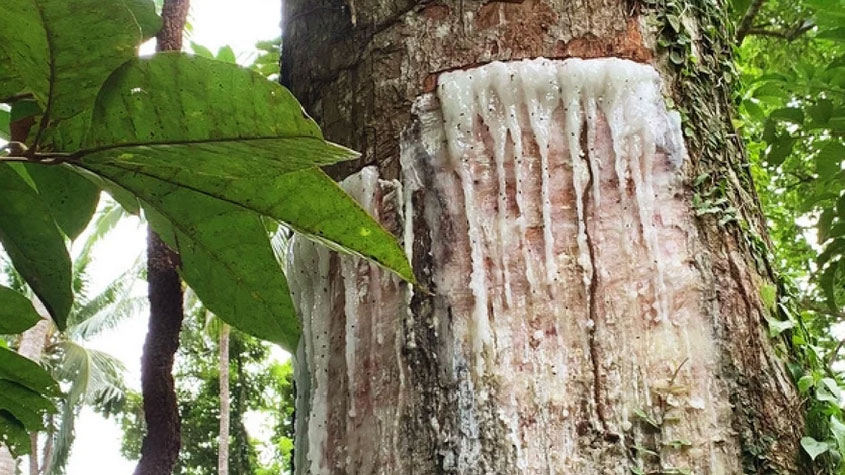
Going global! International trademark protection with the Madrid System
It was time for Pili Ani to look into protecting its brand name. “Everyone in the Philippines tries to copy,” says Rosalina. “Getting trademark protection for Pili Ani was really important.”
They decided to entrust their trademark protection activities to a local intellectual property (IP) lawyer who, in 2018, helped them to file for a national trademark registration through the Intellectual Property Office of the Philippines.
That same lawyer then introduced them to WIPO’s international trademark system – the Madrid System – a one-stop solution to registering a trademark in multiple countries and regions simultaneously. As a small company with little time to spare and all its resources tied up in the daily running of the business, the Madrid System would simplify and streamline procedures for Pili Ani to access up to 130 different markets.
He filed a first application for an international trademark registration on behalf of Pili Ani in January 2021, securing trademark protection in Brunei Darussalam, the European Union, Japan and Singapore (international registration number 1588076).
Although they had also targeted the Chinese market in their international application, frustratingly for Pili Ani the China IP Office refused them protection in China – the name was already registered.
Broadening the scope of Pili Ani’s overseas trademark protection
They soon realized that – having originally specified that their trademark would cover the terms “cosmetic creams for skin care; and cosmetic oils” – they needed protection in a much broader range of terms.
You can use the Madrid System’s goods and services manager – available under eMadrid – to automatically build and check a list of goods and services by selecting from hundreds of thousands of terms!
Using a new national trademark registration as their base, Pili Ani have now filed a second international application (international registration number 1733372) to seek protection in markets further afield – including Canada, Colombia, Mexico, New Zealand and Switzerland – and for a wider range of terms. Those terms cover a whole host of natural personal care products, from soap, shampoo, moisturizing cream, and body lotion through to toners, cleansers and essential oil blends.
"The Madrid System is really helping us to expand. And, it has saved us the cost of registering our trademark in every country separately. It has been a big boost to Pili Ani. We’re really hoping to be able to access the US market one of these days, with the help of the Madrid System of course!"
Rosalina Tan
Winner of the Gawad Yamang Isip Award – A gratifying milestone
It has taken a long time, but Rosalina is finally harvesting the fruits of her labor!
In April 2023, the Intellectual Property Office of the Philippines acknowledged her as one of the most ingenious forerunners in the IP field in the country, granting her the prestigious Gawad Yamang Isip award for industrial invention.
"I really didn’t expect this award. I’m just doing what I can to help! I was very touched and honored to receive this trophy."
A renewed interest in Pili tree cultivation
Rosalina has changed the lives of many people! She herself marvels at how everything around her has changed for the better since her early activist days. Today, thanks to her unfailing efforts to create good long-term economic prospects, more and more families are once again taking up cultivation of Pili trees.
"The Pili tree is a blessing not only to the Philippines, but also for the entire world. Research shows that the Elemi oil may even be able to help in the fight to find a cure for cancer! We need to take good care of our Pili trees!"
Rosalina Tan
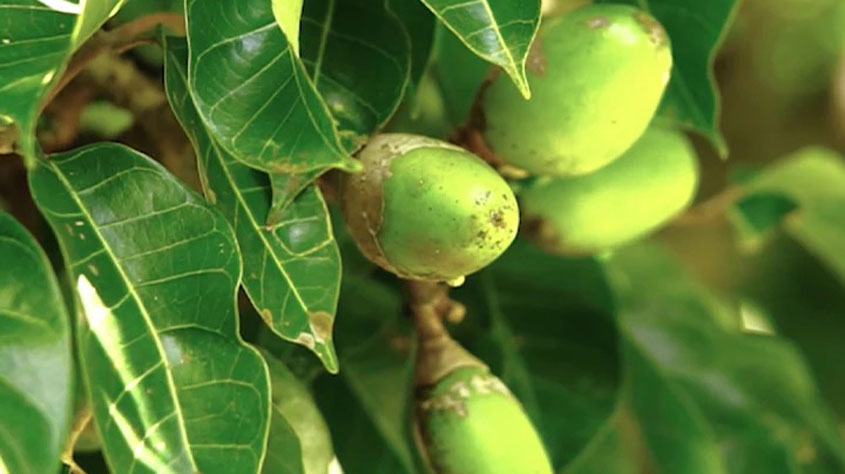
At 77, Rosalina is determined to plant more and more Pili trees. She has set up the “Three P plan: Plant Pili for the Philippines” in the Bicol region and is Head of the Pili Commodity Board.
"Our goal is to produce high quality raw materials and to plant more trees, getting everybody from the government down to the local farmer working together. We help the country if we plant more trees!We get so much from the Pili trees!"
Rosalina Tan
A legacy for future generations
It is thanks to far-sighted people like Rosalina and her daughter, Mary Jane, that nature and society can prosper side-by-side, for the benefit of future generations.

Rosalina’s daughter, Mary Jane, has been a pillar of strength, encouraging Rosalina to pursue her dreams even through the hardest of times. The bond of love and strength that this dynamic mother/daughter duo share, has filtered not just into Pili Ani but also into the Pili Tree farming community, further spreading a message of love and hope.
Pili Ani – “Proudly made in the Philippines”.
Find out more about Pili Ani’s International Trademark Registrations in Madrid Monitor available under eMadrid.
More about the Madrid System
The Madrid System is a convenient and cost-effective solution for registering trademarks in up to 130 countries by filing one application and paying one set of fees.



